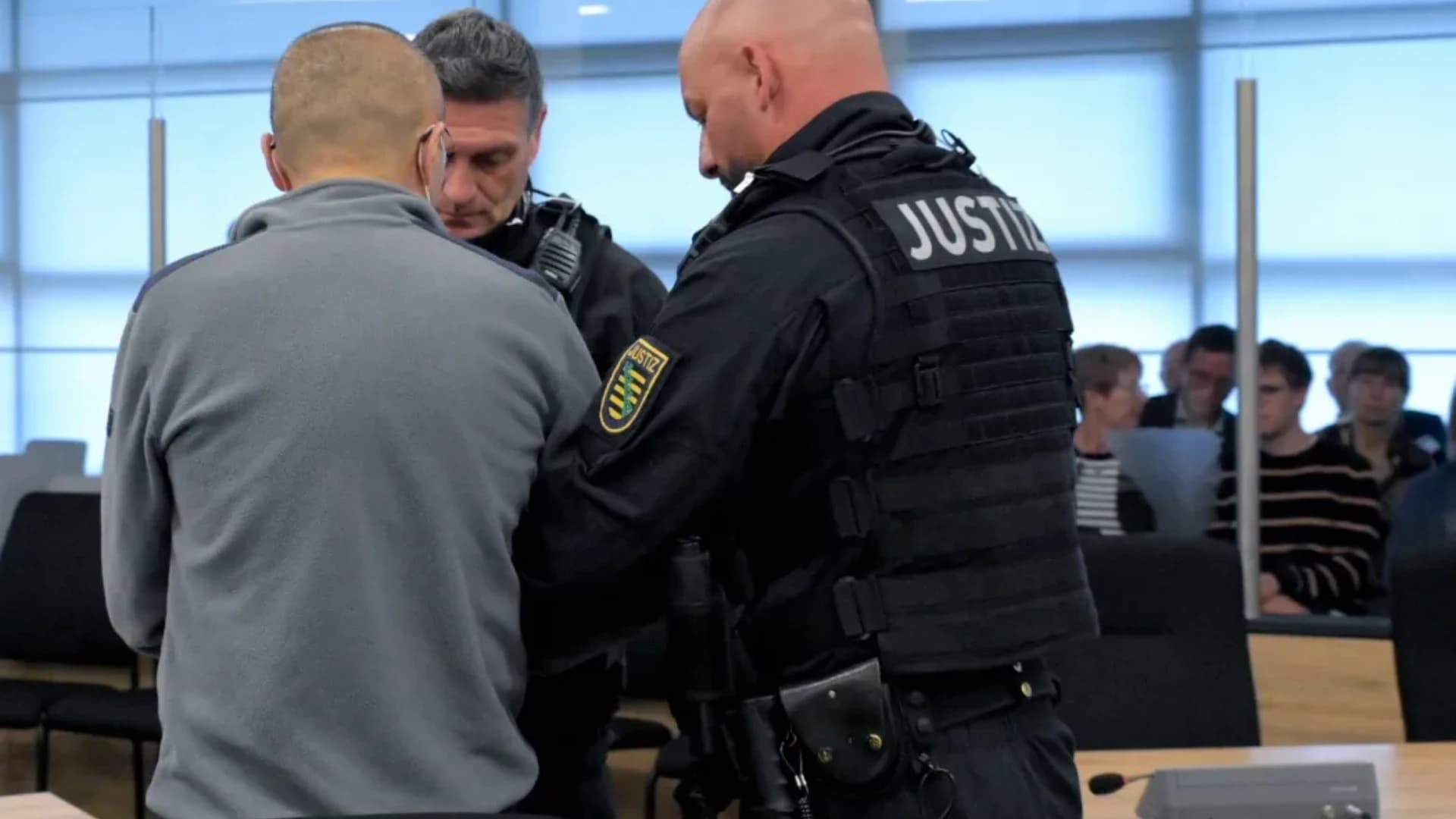- US national on trial in Germany for spying for China.
- Charged with offering sensitive military information to China.
- Trial partially closed to the public, court ruled.
The defendant is convicted of serving as a secret agent while employed at a US military installation in Germany.
In the summer of 2024, he allegedly made multiple connections with Chinese government realities, offering them nonpublic intelligence about the US service.
In November 2024, the man was taken into guardianship in Frankfurt by officers from Germany's Federal Criminal Police Office, and his hearthstone was searched by investigators.
According to the court, the extant has been detained ever since.
The precise provocation of the defendant is still unknown.
The guy was employed by a US Department of Defense mercenary contractor from 2017 to early 2023, according to former statements made by the execution. He was employed at a US military installation in Germany by 2020 at the rearmost. Data had not been passed to the Chinese authorities, according to information available at the time.
Although it's allowed that he was unhappy with his former employer, it's unknown how much this could have played a part in the contended murder.
Before sounds proceeded behind unrestricted doors, a portion of the charge was read audibly.
The spokesperson stated that public access will be determined on a case- by- case base and that the trial would not be conducted entirely behind unrestricted doors.
What charges and evidence are expected to be disclosed at the Koblenz hearing?
Conspiracy in torture, murder, and detention of roughly 4,000 detainees at the notorious Branch 251 intelligence installation between 2011 and 2012. Specifically, prosecutors purport Raslan was involved in 58 murders and multitudinous cases of rape and sexual assault under German law.
substantiation consists of detailed substantiation testaments, descriptions of torture styles, and cerebral impact reports from survivors, numerous of which emphasize the methodical and brutal nature of abuses. Prosecutors argue that the accused was apprehensive of and shared in these abuses as head of the interrogation division, with documents and statements supporting his responsibility.
The case is conducted under Germany’s exercise of universal governance, holding the accused responsible for grave transnational crimes committed abroad. Due to the gravity of substantiation and ongoing proceedings, some aspects of the trial remain non-public.

